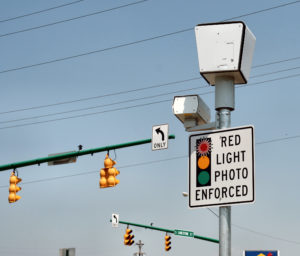An analysis of case records performed by reporters for the Washington Free Beacon revealed that between 2010 and 2014, 526 former members of the U.S. military died after a doctor, surgeon nurse or pharmacist working at U.S. Veterans Affairs medical center made a mistake. Each loss of life could not be directly linked to an error by a health care provider, but potentially fatal incidents ranged from failing to diagnose cancer, prescribing or administering the wrong drug or medication dosage, and leaving surgical tools inside patients’ bodies to neglecting to follow up promptly and adequately on reports of suicidal behaviors.
The investigation was launched after whistleblowers called attention to appointment scheduling problems at most VA hospitals that may have caused veterans to suffer needlessly or die early. Federal probes into that scandal led to the resignation of longtime VA secretary Eric Shinseki, reorganizations at several VA hospitals and concerns over the safety of retired Army, Navy, Air Force, Coast Guard and National Guard personnel.
Compared to estimates of fatal medical errors across the entire U.S. health care system, the approximately 131 deaths at VA medical centers each year that may result from preventable mistakes by staff members are low. A study published in the September 2013 Journal of Patient Safety, for instance, indicates that between 210,000 and 400,000 people die annually following medical errors.
Still, the focus must remain on the bottom line that individuals who served their country and its citizens then entrusted their health to government-employed medical professionals appear to be dying, getting made ill or experiencing injuries in ways that could be avoided. In their December 23, 2014, online article, the Free Beacon reporters highlight missed diagnoses of cancer, hospital-acquired infections and ineffective-to-nonexistent mental health counseling and interventions. Completely eliminating those problems may prove impossible, but significant reductions can be achieved by ensuring adequate staffing, thorough training, use of checklists and other measures already being taken, haltingly, by the VA and the federal lawmakers who fund and oversee the agency.
A unique aspect of reform and improvement at VA medical centers is that the system maintained by the Veterans Health Administration must hold itself accountable. A legal principle related to sovereign immunity almost always bars injured patients and family members of deceased veterans from filing medical malpractice lawsuits and instigating the kinds of public disclosure that commences in civil proceedings in the civilian world. The Feres Doctrine, formulated in 1950 but based on a centuries-old practice of protecting professionals performing duties sanctioned and paid for by the government from getting sued, directly states that active-duty members of the military cannot pursue malpractice claims for service-related medical treatment that causes injury or death. Court decisions in cases brought by veterans have expanded the Feres immunity to VA practitioners. The immunity is not absolute, especially for veterans’ dependents who get treated at military health care facilities, but it is strong enough to make the VA almost entirely self-policing.
I hope that the VA lives up to its obligations to do all it can to identify, correct and prevent medical errors.
EJL









Comments for this article are closed.